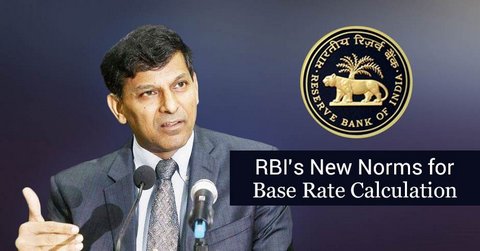
PayTm money – an arm of eWallet Paytm has received Securities & Exchange Board of India (Sebi) to start stock broking services. Entry of Paytm in the broking services is seen as threat to other discount broking firms like Zerodha or Angel broking etc.
Many of the leading retail stock broking firms have started offering products with steep discounts to catch up with discount broking firms.
In a bid to grab a larger share of rapidly-growing discount-broking market for securities, retail-focused stock broking firms have introduced similar products in recent times to raise their game. For the newer guys like Paytm, it will be easier to compete because they do not really have a legacy to worry about in terms of technology.
Around 65-70 per cent of Zerodha’s business come from first timers, and not really from existing investors.
Discount offered by other companies
- Axis Direct’s plan ‘India, Trade@20’, was launched for all Axis Direct customers, who maintain an average quarterly balance of Rs 75,000 with Axis Bank. These customers can now start trading in equity and equity derivatives at a nominal fee of Rs 20 per executed order, the retail-focused broking firm said in a release. Non-Axis Bank customers can also open trading and demat accounts and avail the benefits of ‘India, Trade@20’ by paying a nominal fee of Rs 250 per month.
- Angel Broking floated an online plan, named Angel iTrade plan, which charges a flat order-based brokerage fee. The plan includes price points of Rs 15 and Rs 30 per order for order sizes up to Rs 50,000 and more than Rs 50,000, respectively, in equity, futures and options, commodity and currency segments. Research, advice, customer support and other value-added services come bundled with this offer.
- Zerodha does not charge any brokerage for delivery-based equity transactions. It charges 0.01 per cent, or Rs 20, whichever is lower, per executed order in intraday equity and equity futures trade. For equity options transactions, it charges a flat fee of Rs 20 per executed order.








Leave a Comment